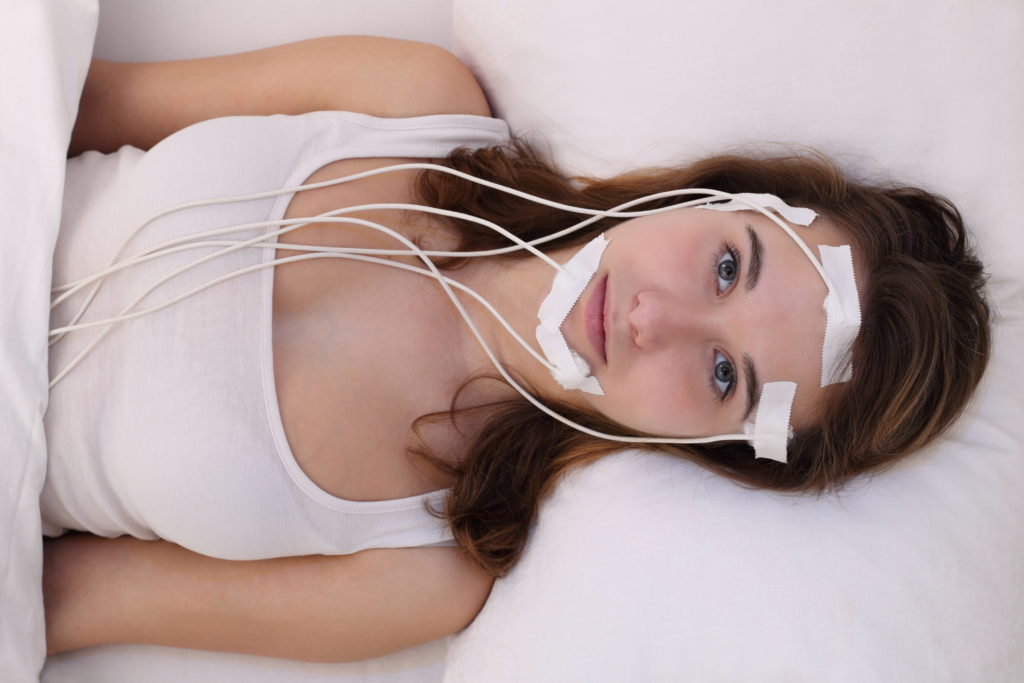Quick Hits
Daily brief research updates from the cognitive sciences

I have written numerous posts and articles on sleep and the brain (review here), and the evidence is crystal clear. Good and consistent sleep is essential to all aspects of physical and mental health.
So, this latest piece of research may come as a surprise and feels a bit strange. Specifically, researchers around Celia Kjaerby at the University of Copenhagen found that we may awaken up to 100 times per night. And counter-intuitively this may even be a sign of good night’s sleep. How that?
What these researchers found is that the refreshing part of sleep, deep sleep, is driven by waves of noradrenaline. Yes, a chemical that is normally a stimulant and highly active in arousal states. These waves wash over the brain in short bursts and awaken the brain – however we do not normally notice this because these are small bursts and do not trigger conscious awakening – but according to brain activity the brain is awake.
The researchers see this as an important aspect of sleep which helps to reset the cellular processes and the brain and helps to consolidate memory. In fact, this is precisely what the researchers found.
This research was in mice, common in neuroscience research, and they had implanted small electrodes in the brain to monitor the sleep patterns. That’s how they were able to detects these noradrenaline waves. When they actively stimulated these waves during sleep, memory improved.
This therefore shows that this process seems to be important for enabling memory consolidation. Moreover, this seems to be related to the amplitude of noradrenaline waves i.e. those with higher bursts but lower lows also showed improved memory function.
This research could also be very important information because, for example, some forms of anti-depressant increase noradrenaline but this may inhibit these waves by elevating levels and this could then stimulate memory deficits or less restful sleep.
So, we know getting a good night’s sleep is essential to health but this shows that it is more nuanced than we thought and that noradrenaline is also important for good sleep and good memory…all while waking you up.

Andy Habermacher
Andy is author of leading brains Review, Neuroleadership, and multiple other books. He has been intensively involved in writing and research into neuroleadership and is considered one of Europe’s leading experts. He is also a well-known public speaker, speaking on the brain and human behaviour.
Andy is also a masters athlete (middle distance running) and competes regularly at international competitions (and holds a few national records in his age category).
Reference
Celia Kjaerby, Mie Andersen, Natalie Hauglund, Verena Untiet, Camilla Dall, Björn Sigurdsson, Fengfei Ding, Jiesi Feng, Yulong Li, Pia Weikop, Hajime Hirase, Maiken Nedergaard.
Memory-enhancing properties of sleep depend on the oscillatory amplitude of norepinephrine.
Nature Neuroscience, 2022
DOI: 10.1038/s41593-022-01102-9
More Quick Hits
Your brain on near-death experiences
Near-death experiences have fascinated many people ever since they have been reported. And these experiences guide our view of how we die: the memories of your life passing in front of your eyes, the tunnel of light, the floating movement towards a bright light....
Social networks grow your brain
The headline is a bit “click baity” but it is what a group of researchers found. To be more specific they found in macaques (cute monkeys) in the wild that having more grooming partners grew different regions of the brain. Grooming is the primate version of having a...
What do creative brains look like?
We’d probably all be happy to be a bit more creative — though research into our own opinions show that many people do actually consider themselves to be above average in creativity. An obvious self-bias. This is where scientists who study creativity come in and find...
New gender biases discovered
There have been many studies on gender biases, and I have followed, written, and spoken about many of these biases over the years (over a decade actually) but two studies have just come out that caught my eye. One out of New York University focused on gender natural...
Growth of your brain over your life
So, we all know that our brain grows very quickly as babies and children and then after a certain age, younger than some of us may like to think, there begins a slow decline. But precisely what and how is the question. Well, this is a question that an international...
How to reduce loneliness
I have reported multiple times on loneliness during the pandemic – mostly because interest and research into loneliness has taken a large uptick. I have also reported on how to combat this and was happy to see that a piece of research just out proved what I had...






